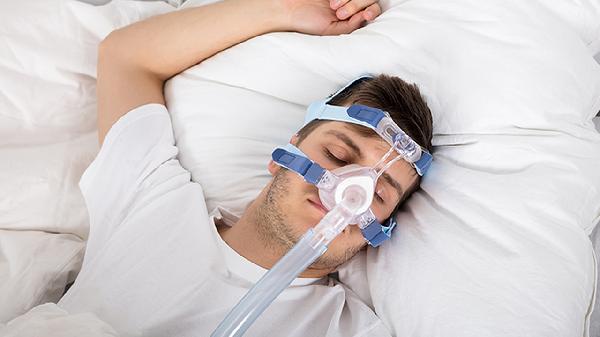Mental
Can a Good Cry Really Lift Your Spirits?
Crying, often mislabeled as a sign of weakness, is scientifically proven to offer emotional relief, improve mental health, and aid in stress management. It also has physiological benefits like lung capacity enhancement, eye cleansing, and toxin expulsion, making it a natural therapeutic response to emotional and physical distress.
Is More Sleep Always Better? Exploring the Optimal Sleep Duration
Sleep is vital for health, but longer sleep isn’t always better. Excessive or insufficient sleep can harm the brain and body. Most people need 7-8 hours, though individual needs vary. Quality matters more than duration. Tips to improve sleep include regular exercise, fixed wake-up times, sleep rituals, avoiding stimulants, and optimizing the sleep environment.
Counting Sheep for Sleep: Does It Really Work?
Counting sheep may help some ease into sleep by calming thoughts, but effectiveness varies. Foods like milk, millet, walnuts, longan, and lotus seeds can promote sleep by inducing relaxation and satiety when consumed before bed.
Beat Procrastination: Simple Tips to Get Stuff Done
Break tasks into specific goals, limit work time, acknowledge procrastination’s harm, follow checklists strictly, and commit to long-term change to overcome procrastination effectively.
Can Sleeping With the Lights On Wreck Your Sleep?
Sleeping with lights on reduces melatonin, weakens immunity, disrupts sleep quality, harms eyes, and prevents deep rest, especially affecting children's growth and health.
Why Mood Swings Hit Hard During Your Period
Menstrual mood changes stem from hormonal fluctuations, unstable endocrine systems, and environmental factors. Alleviate symptoms by supplementing calcium, magnesium, and vitamin B6, avoiding caffeine, and managing stress. Maintain hygiene and healthy habits to reduce discomfort.
Conquer Your Fear of Public Speaking Like a Pro
Overcome public speaking fear by embracing positivity, acknowledging nervousness, viewing the audience correctly, relaxing, and not fearing mistakes. Consistent practice builds confidence and improves eloquence.
How Much Sleep Do You Really Need Each Night?
Optimal sleep varies by age: adults need 6-8 hours, while seniors require less. Quality sleep is key—create a calm environment, avoid stimulants, and aim for deep rest. Over-sleeping can cause sluggishness.
Staying Up Past Midnight: The Hidden Dangers You Should Know
Nighttime sleep (10 PM-6 AM) promotes hormone secretion aiding metabolism and growth; late sleep harms skin, health, and cognition. Night shift workers should prioritize pre-work sleep, naps, and nutrient-rich meals to mitigate effects.
How to Spot Autism Symptoms in Your Child Early On
Children’s early development is crucial; detecting symptoms like autism early prevents future challenges. Autism, often unnoticed, manifests before age three with atypical behaviors, social interaction difficulties, and repetitive actions. Early observation and intervention are vital.






























